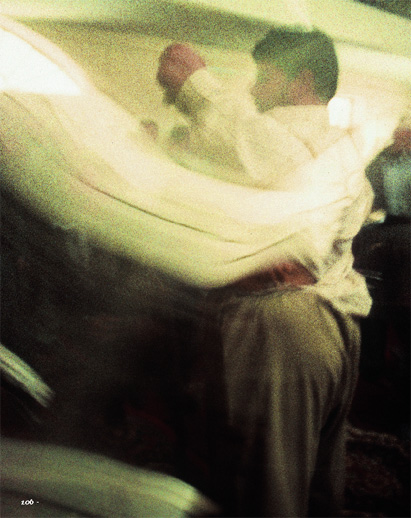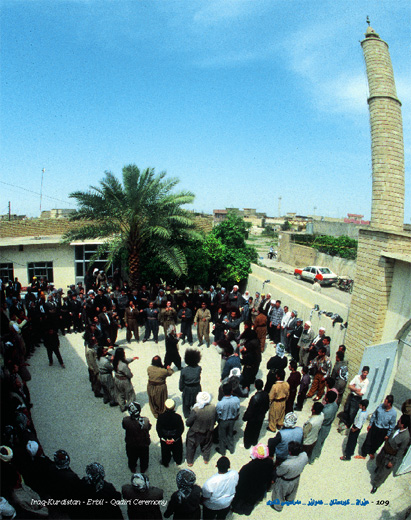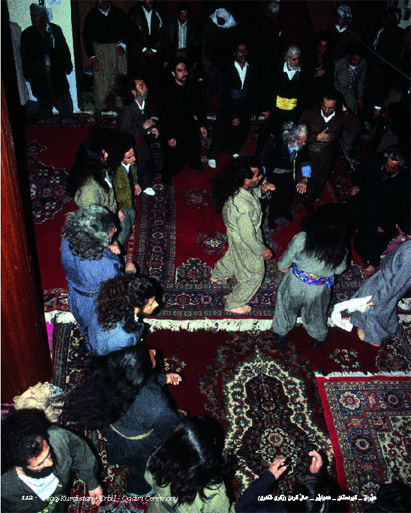SufismSufism, Islam's mystical tradition is a quest of Perfection. Grouping a large number of Islamic Brotherhoods, Sufism seeks a purification of human conciousness, allowing its adepts to identify themselves with God. Very often, this search for purification takes place under the guidance of a spiritual leader, called Shaykh, sometimes attended by an assistant he himself has initiated (a Khalifa). Sufis, through meditation, a simple and Spartan life, specific rites, dances and prayers, reach a state of ecstasy which is a shared caracteristic of all form of sufism. The Sufis, while in conflict with Islamic orthodoxy have great importance in Islam�s propagation. Islamic liturgy was in Arabic, while sufi mystical teaching was dispensed in native languages. Husayn Ibn Mansur-Al-Hallaj, the most famous Sufi, was an admirer of Jesus (Moslems consider Jesus, Issa, as a Prophet). He was basing his teaching on Love of God, but he was crucified in Baghdad in 922 A.D., as a blasphemer. He proclaimed himself “The Spirit” (Ana'l Haqq). Today he is buried in Lâlesh, the Yezidi Holy town, by the tomb of Shaykh Adi the Yezidis great master. Another famous sufi Ain Al-Qûdat Hamadâni who was born and lived in Hamadan in Iranian Kurdistan in the XIIth century, preached that every creation is the manifestation of a primary Universal Spirit. He was crucified by Moslem authorities in 1131 A.D. Shahâb Al-Din Suhrawandi, who was born near present day Suleimaniye in Iraqi Kurdistan, taught that the soul of Believers could merge with God Himself. He was crucified in 1191 A.D.. Islamised Kurds quickly adopted Sufism teachings pershaps because orthodox Islam did not suit the Kurds' mystical nature, pershaps as a means of protecting their own identity.    |